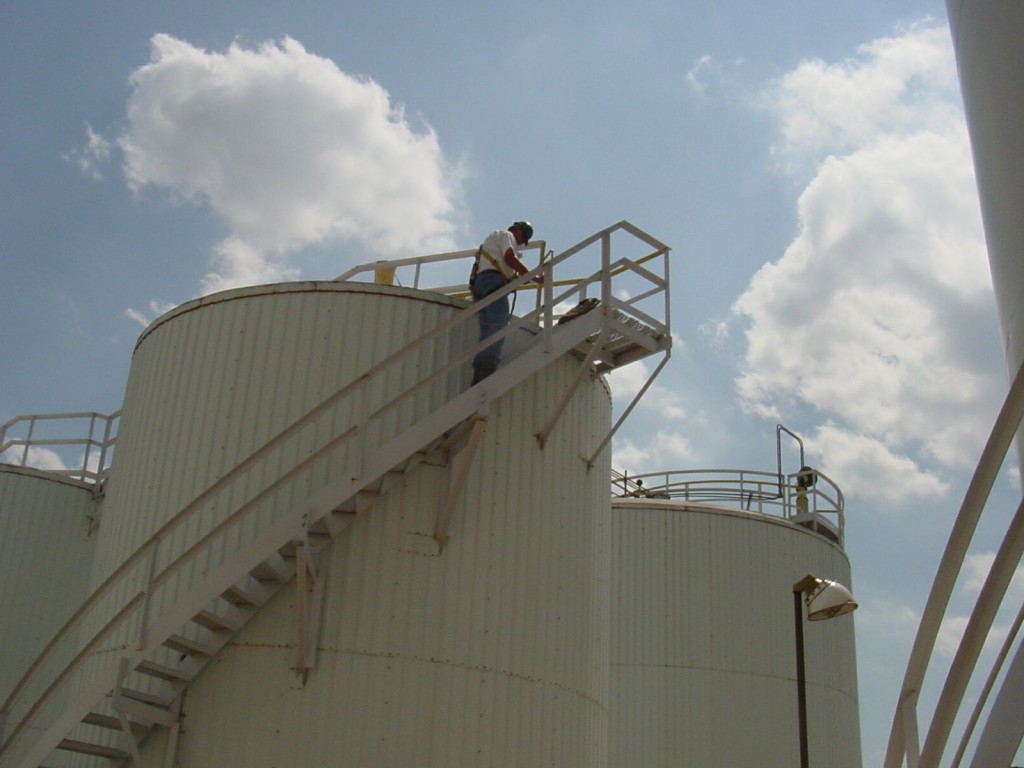 Liquid storage tanks are prone to effects of drastic weather changes and other harsh environmental factors, which adversely affect their durability and performance. To ensure these tanks perform optimally, The Fertilizer Institute advises that you should then carry out regular inspections with reference to American Petroleum Institute (API) 653 Standard. External inspections ought to be on a routine monthly inspection and an every-five-year formal in-service inspection rate, TFI further outlines.
Liquid storage tanks are prone to effects of drastic weather changes and other harsh environmental factors, which adversely affect their durability and performance. To ensure these tanks perform optimally, The Fertilizer Institute advises that you should then carry out regular inspections with reference to American Petroleum Institute (API) 653 Standard. External inspections ought to be on a routine monthly inspection and an every-five-year formal in-service inspection rate, TFI further outlines.
You should also carry out formal out-of-service inspection, after every five years for tanks with the bladder system and those with an internal coating. Corrosion rates will determine the frequency of inspecting other tanks, though this inspection should not exceed a 10-year interval.
Routine Inspections
Usually, it is the tank owner personnel that conduct routine monthly inspections according to the API 653 Standard. These inspections entail careful study and monitoring of the external conditions of tanks to find any signs of settlement or evidence of corrosion, appurtenances, leaks, shell distortions, or distortion of installation systems and paint coatings. These inspections may seem too informal to keep clean inspection records, but identifying these changes in the external conditions of tanks is important so you may nip any issues before they worsen.
Detecting and remedying any unusual patterns in their infancy stages will save you money that you would have otherwise spent in repairing gross malfunctions or replacing a whole system. Heartland Tank Services advises that it’s best to know a good provider of API 653 tank services to help you meet these requirements and keep a close check on your tanks’ performance.
Formal Inspections
API authorizes certified inspectors only to perform formal tank inspections. These inspectors should, however, inspect tanks within five years and tank materials depending on the rate of corrosion besides state-set frequency requirements for tank inspection. Formal inspections require tanks to be empty to ensure a more thorough inspection.
Scheduling for regular routine and formal inspection services will help you meet EPA and TFI aboveground storage tank maintenance requirements among other benefits for extended performance utility.
